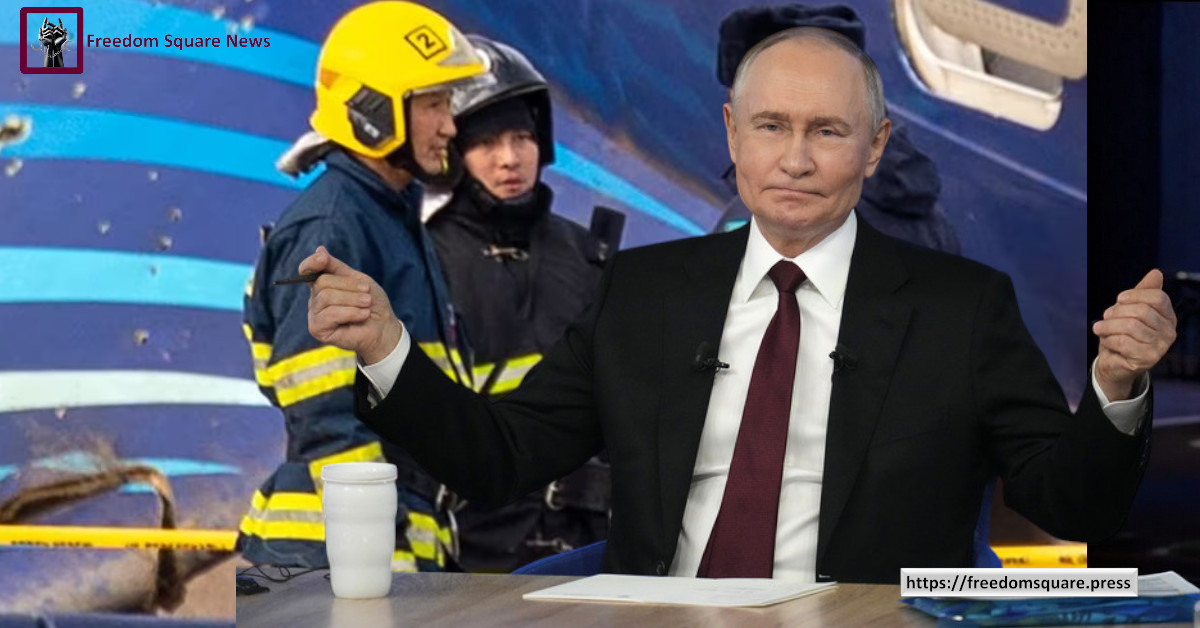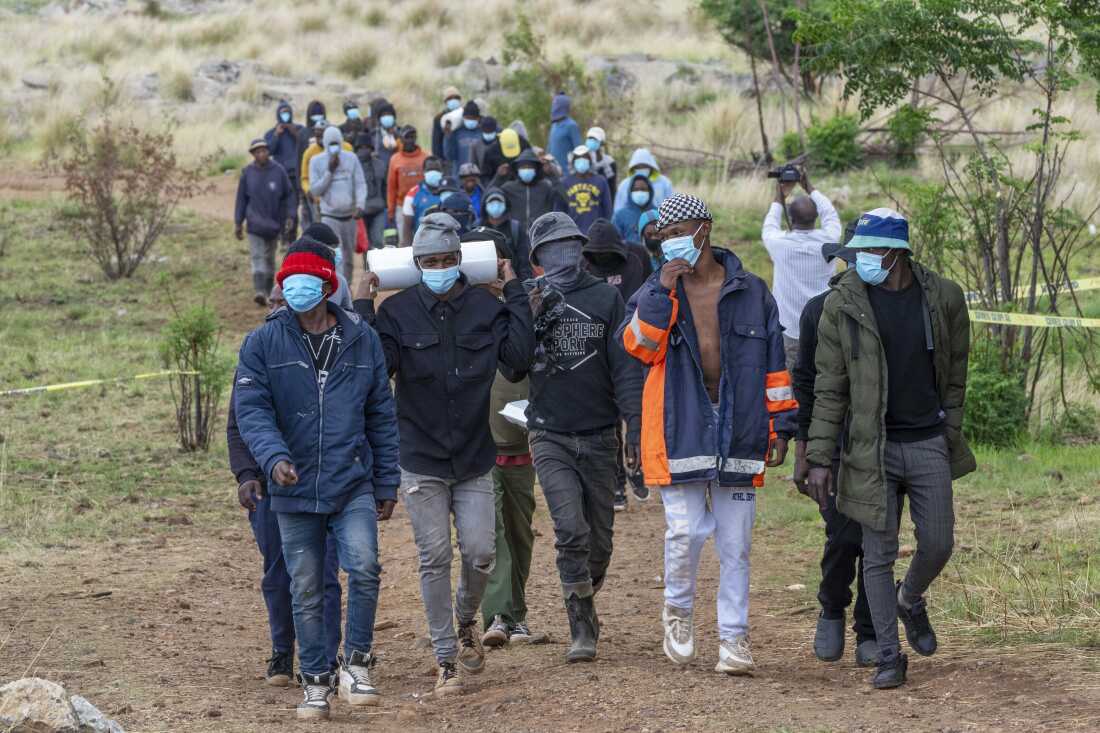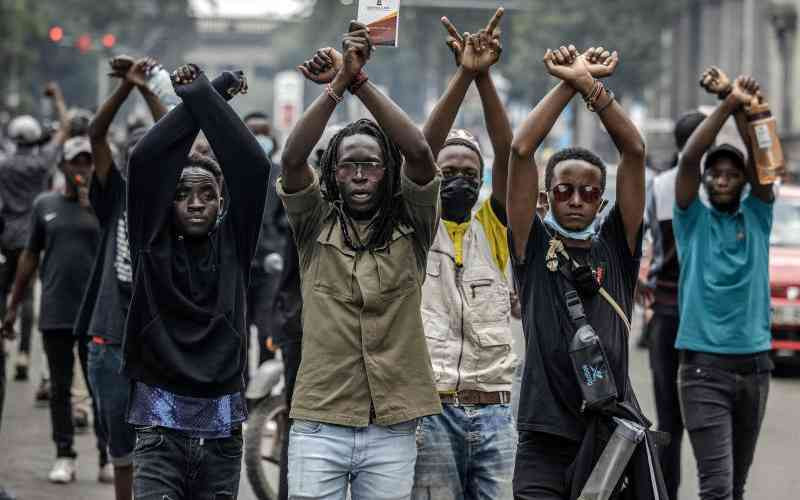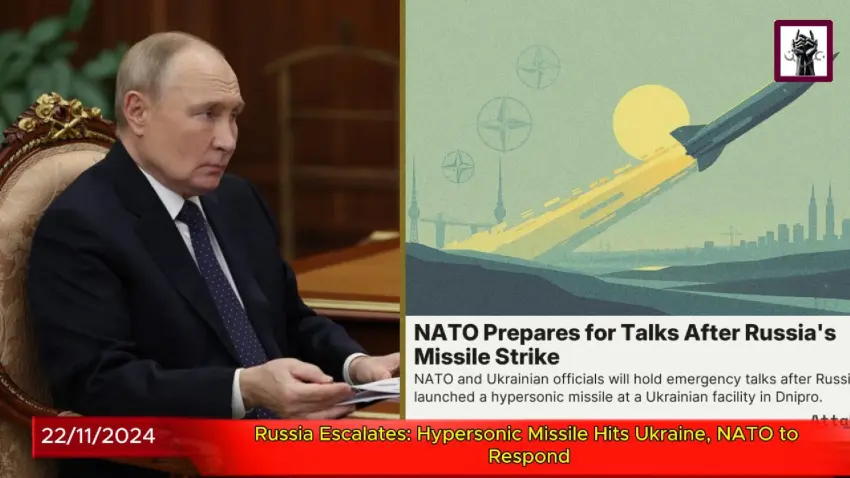In a development that has reverberated through the geopolitical landscape, Russian President Vladimir Putin issued an apology following a tragic crash that claimed multiple lives. The incident has ignited tensions between Russia and Azerbaijan, with Azerbaijani officials calling for full accountability and transparent investigations into the event.
The Crash and Its Aftermath
The crash, which involved a Russian military aircraft, occurred near Azerbaijan’s borders. Preliminary reports indicate that the crash caused significant loss of life and property damage, prompting immediate international concern. Russia’s initial response was measured, offering condolences to the victims’ families and stating that an investigation was underway.
President Putin expressed regret over the incident in a televised statement, describing the crash as a “tragic loss.” He pledged Russia’s commitment to investigating the circumstances but stopped short of accepting blame. “We deeply regret the loss of life and extend our condolences,” Putin said, emphasizing that it was too early to determine the cause of the crash.
Azerbaijan’s Response
Azerbaijan, which has been closely monitoring the situation, reacted strongly to Putin’s statements. In a formal address, Azerbaijani officials demanded a transparent and thorough investigation into the incident, emphasizing the importance of accountability.
“While we acknowledge President Putin’s expression of regret, words alone are not enough. We need answers,” an Azerbaijani government spokesperson said. “This crash has had profound consequences for our nation, and we will not rest until the responsible parties are held to account.”
The incident has led to a flurry of diplomatic activity, with Azerbaijani representatives calling for international observers to ensure the integrity of the investigation. They have also raised concerns about the proximity of the crash to their territory, suggesting potential violations of airspace regulations.
Broader Implications
The crash comes at a time of already strained relations between Russia and Azerbaijan. Analysts suggest that the incident could exacerbate existing tensions, particularly if Azerbaijan perceives Russia’s investigation as lacking transparency or sincerity.
Some international observers have noted that Putin’s carefully worded apology may be an attempt to manage the diplomatic fallout without admitting fault. This approach, while diplomatically cautious, risks being seen as evasive by Azerbaijan and the broader international community.
Calls for Accountability
Human rights organizations and international watchdogs have echoed Azerbaijan’s calls for accountability. Many have pointed out that incidents involving military equipment in sensitive regions necessitate the highest levels of scrutiny.
“This tragedy underscores the need for robust international mechanisms to investigate such incidents,” said a representative from Human Rights Watch. “Ensuring accountability is crucial not just for the victims and their families but for maintaining regional stability.”
Moving Forward
As investigations proceed, the world will be watching closely to see how both Russia and Azerbaijan handle the situation. The crash has highlighted the fragility of regional relations and the importance of transparent communication and accountability in resolving crises.
For now, Putin’s apology, while a step toward acknowledging the gravity of the incident, has not satisfied Azerbaijan’s demands. The coming weeks will likely determine whether this tragic event becomes a catalyst for improved relations or a further wedge between the two nations.




